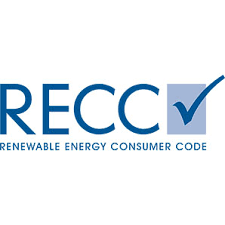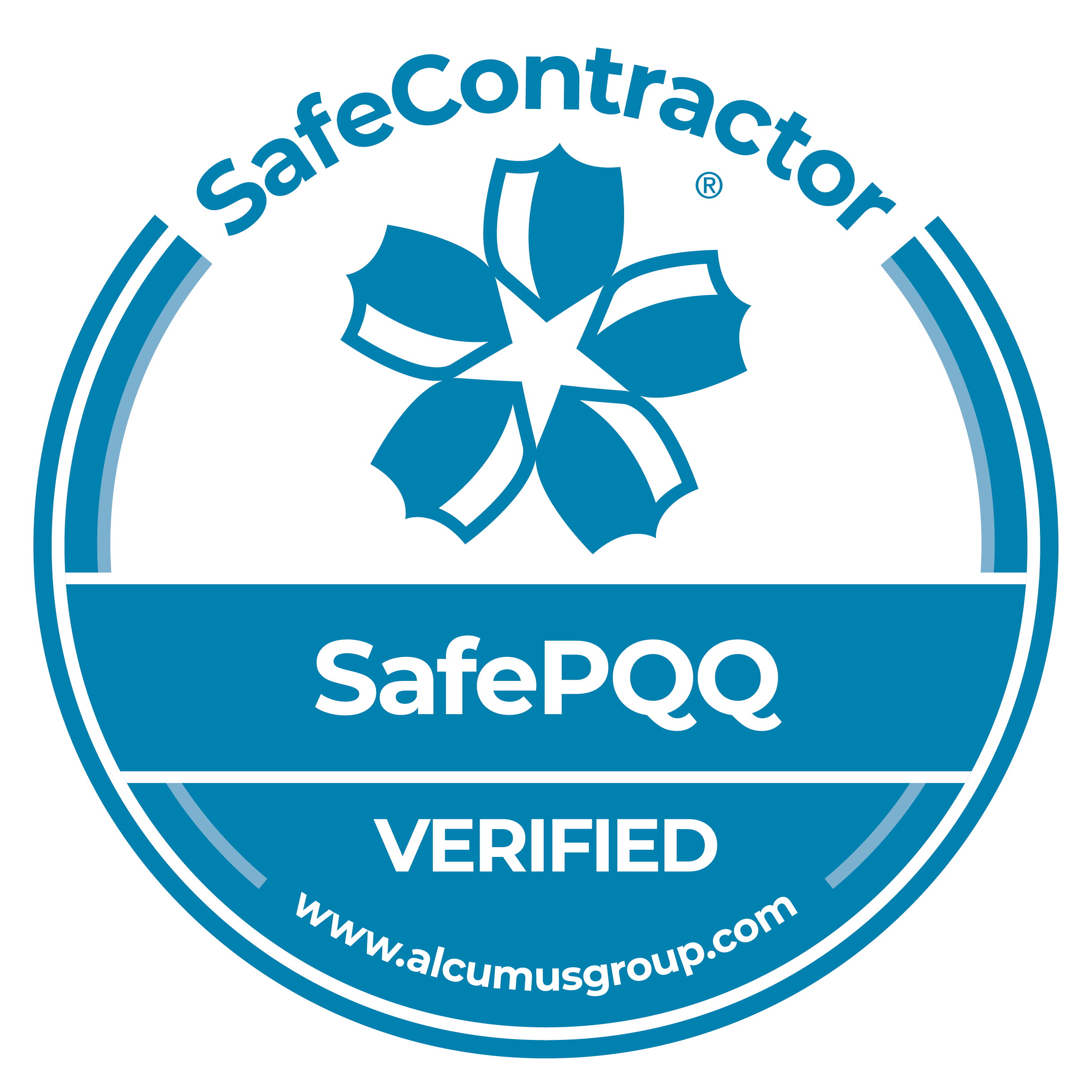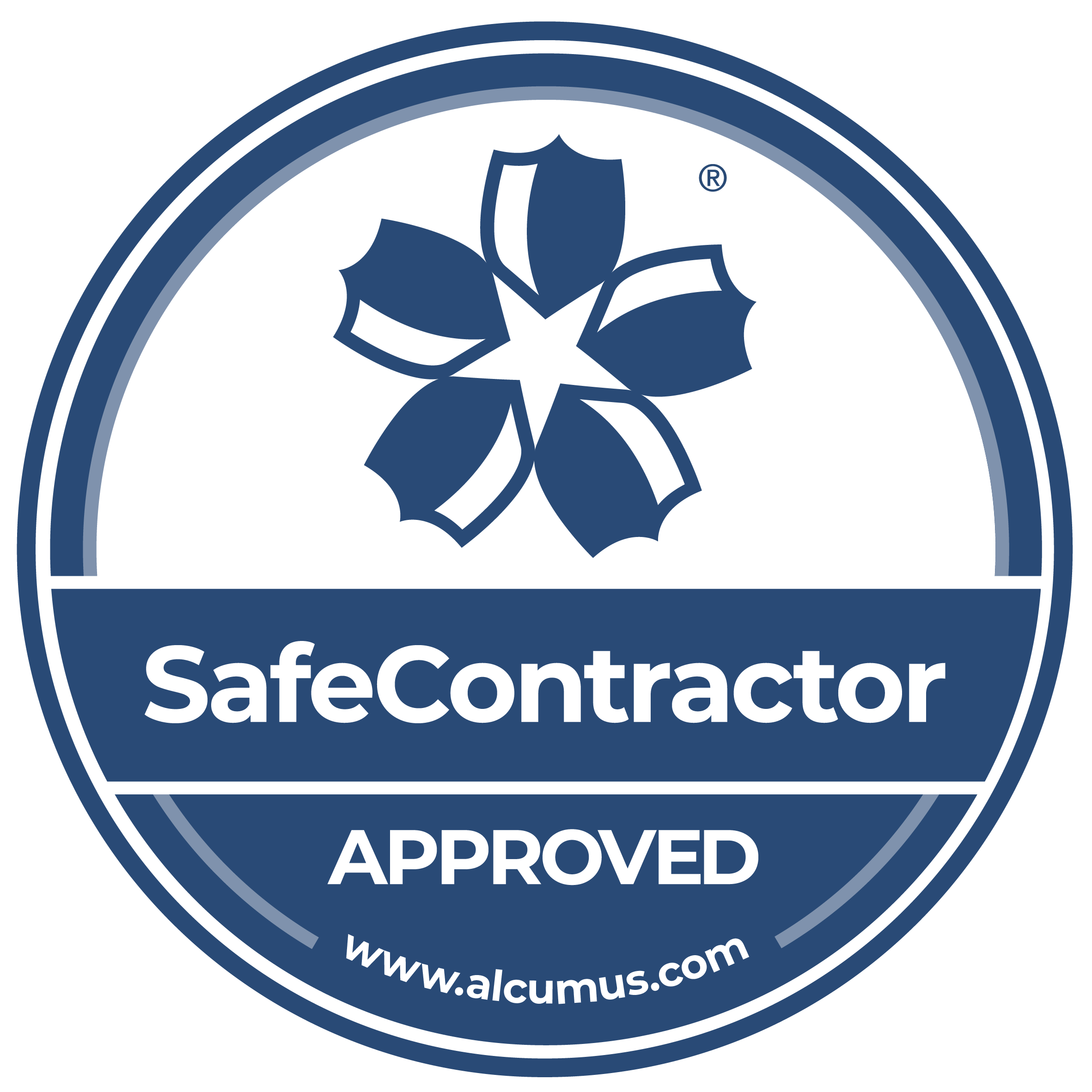Everything you Need to Know About Electrical Safety in Your Home
Electrical safety is one of the most important aspects of home maintenance. Unfortunately, many homeowners do not take the necessary precautions to ensure that they and their families are safe from electrical hazards.
This blog post will discuss some of the most common electrical hazards in the home and ways to prevent them. We will also discuss some basics of electrical safety, including how to properly use extension cords and circuit breakers and identify potential electrical hazards in your home.
Finally, we will provide a few tips for staying safe around electricity, even if you are not an expert on the subject.
Electrical Hazards in the Home
Electricity is a vital part of our lives but can also be very dangerous. Thousands of people are injured or killed each year due to electrical hazards in their homes. These hazards include electrical fires, electrocution, and shocks. Electrical fires are one of the most common hazards, accounting for over 4,000 home fires each year. Faulty wiring, overloaded circuits can cause them, or improperly used extension cords. Electrocution occurs when a person comes into contact with an electrical current.
This can happen if you touch a live wire or stick something metal into an outlet. Shocks occur when you feel an object that is carrying an electrical current. This can happen if you stand on a wet floor or touch someone who is being electrocuted. At the same time, all of these severe hazards can be prevented by following simple safety tips.
Always unplug appliances without using them, and never overload your circuits. Inspect your wiring regularly and don’t use damaged extension cords. And always avoid standing in water while using electricity. Following these simple tips can keep yourself and your family safe from electrical dangers.
Using Extension Cords Safely
Extension cords can be a great way to power appliances or devices in your home, but they can also be dangerous if not used properly. When using an extension cord, it is crucial to ensure it is the right size for the appliance you are plugging in. Extension cords come in different sizes, and using a cord that is too small can cause it to overheat and start a fire. In addition, make sure that the extension cord is plugged into an outlet with enough amperage to support the appliance.
If the outlet is overloaded, it can cause a fire. These simple precautions can help ensure your safety when using extension cords.
Using Circuit Breakers Safely
Circuit breakers are essential to your home’s electrical system, and it is vital to know how to use them safely. When installing or repairing electrical wiring, always consult a licensed electrician. Never overload a circuit breaker by plugging too many appliances into one outlet. If a circuit breaker trips, never try to reset it yourself; always call a licensed electrician.
And finally, make sure you know where your home’s main circuit breaker is located, so you can quickly shut off power in an emergency. Following these simple safety tips can help keep your home’s electrical system running smoothly and prevent potential hazards.
Identifying Potential Electrical Hazards in Your Home
Overloaded circuits are one of the most common electrical hazards in the home. When too many devices are plugged into a single circuit, it can cause the circuit to overheat and potentially start a fire. Frayed wires are another hazard that can occur when wires become worn or damaged. If not repaired, frayed wires can create sparks that can start a fire. Defective electrical appliances can also pose a hazard if they are not properly maintained.
If a device is not functioning correctly, it can overheat and start a fire. To help prevent these hazards, it is essential to check your home for any potential problems regularly. If you find any damaged wires or appliances, be sure to have them repaired or replaced as soon as possible. By taking these precautions, you can help to keep your home safe from electrical hazards.
Staying Safe Around Electricity
Electricity is essential to our everyday lives, but it can also be dangerous if not used properly. Every year, people are seriously injured or killed by electrical accidents. The best way to stay safe around electricity is to be aware of the risks and take precautions when working with or using electricity. Always consult a licensed electrician when working with electricity, and never touch an electrical appliance if you are wet or standing in water.
If you use electrical appliances outdoors, ensure they are correctly grounded and weatherproofed. Never overload extension cords or outlets; always unplug appliances when they’re not in use. Following these simple safety guidelines can help prevent electrical accidents and keep yourself and your family safe.
Summary
We hope you found it informative and helpful. Don’t hesitate to contact us if you have any questions or need assistance with your home’s electrical system. Our experts help you keep your home safe and running smoothly. Thanks again for reading!









